The 10 Best RPGs of the Last 10 Years
June 10, 2019 | 09:00
Companies: #bethesda-softworks #bioware #cd-projekt-red #from-software #larian-studios #obsidian-entertainment
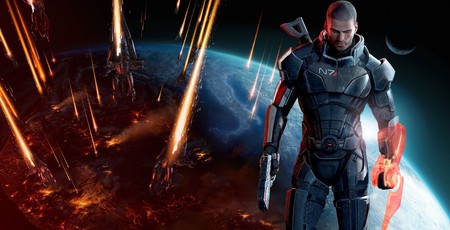
RPGs represent game development at its most madly ambitious. With their complex, multifaceted storylines and compellingly written characters, RPGs are often cited as the finest examples of gaming as a storytelling medium. But RPGs are also much more than that, offering huge worlds to explore, deep systems that may include combat, stealth, and everything in between, alongside complex character development systems that let you play as everything from a muscle-bound warrior to a powerful magician.
So we’ve put together this list celebrating the very best RPGs released over the last decade. Given bit-tech is mainly a PC site, we’re focussing on games that are available on PC, so you won’t see Bloodborne or Breath of the Wild on this list, fantastic as those games are. Also, since ARPGs are fairly well established as their own sub-genre by this point, we’ll save those for another time.
So without further ado, let’s gather our party and venture forth!
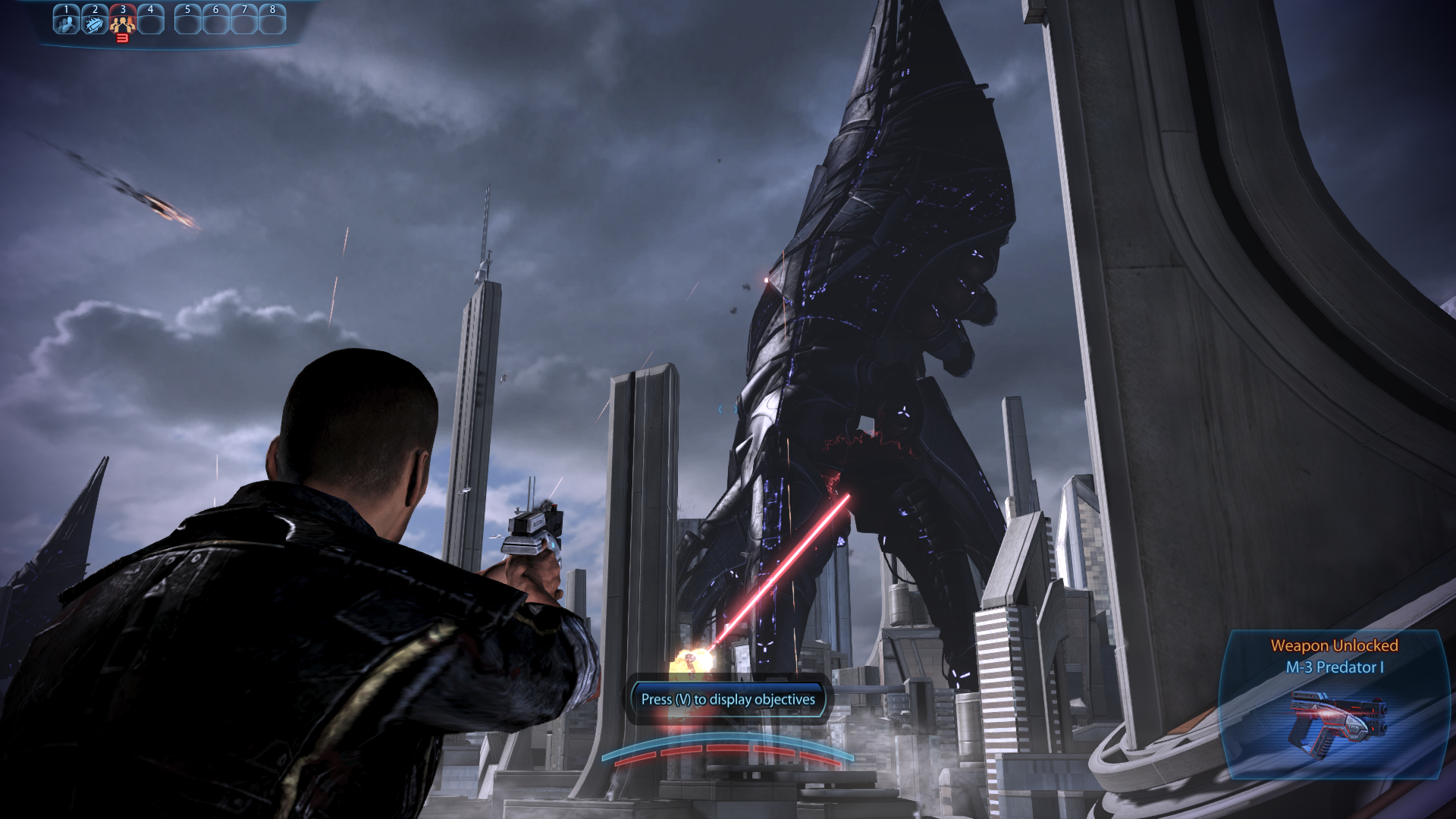
10. Mass Effect 3
It’s a shame that so much of the discussion over Mass Effect 3 focussed on its ending. Because really, Mass Effect 3 is a game dedicated entirely to endings, and 90 percent of that is flawlessly executed. Multiple huge story-arcs are wrapped up in scintillating fashion. We see the end of the Quarian/Geth war, the fate of the Illusive Man. One quest in particular - Curing the Genophage - might well be the best questline in the entire Mass Effect trilogy.
Mass Effect 3 is also notable for how well it accommodates your personal story, taking into account a labyrinth of decisions from two previous games. This includes some huge choices that may have resulted in the deaths of many of the game’s most iconic characters. If they survived, then their stories carry on seamlessly. If they didn’t, there are entirely new characters who step in to fill that gap. The effort that must have took to pull off hardly bears thinking about.
It’s true that the final run is something of a disappointment, especially compared to the majestically designed suicide mission of Mass Effect 2. But that shouldn’t override the fact that, for the most part, Mass Effect 3 is a superb game, well worth anyone’s time.
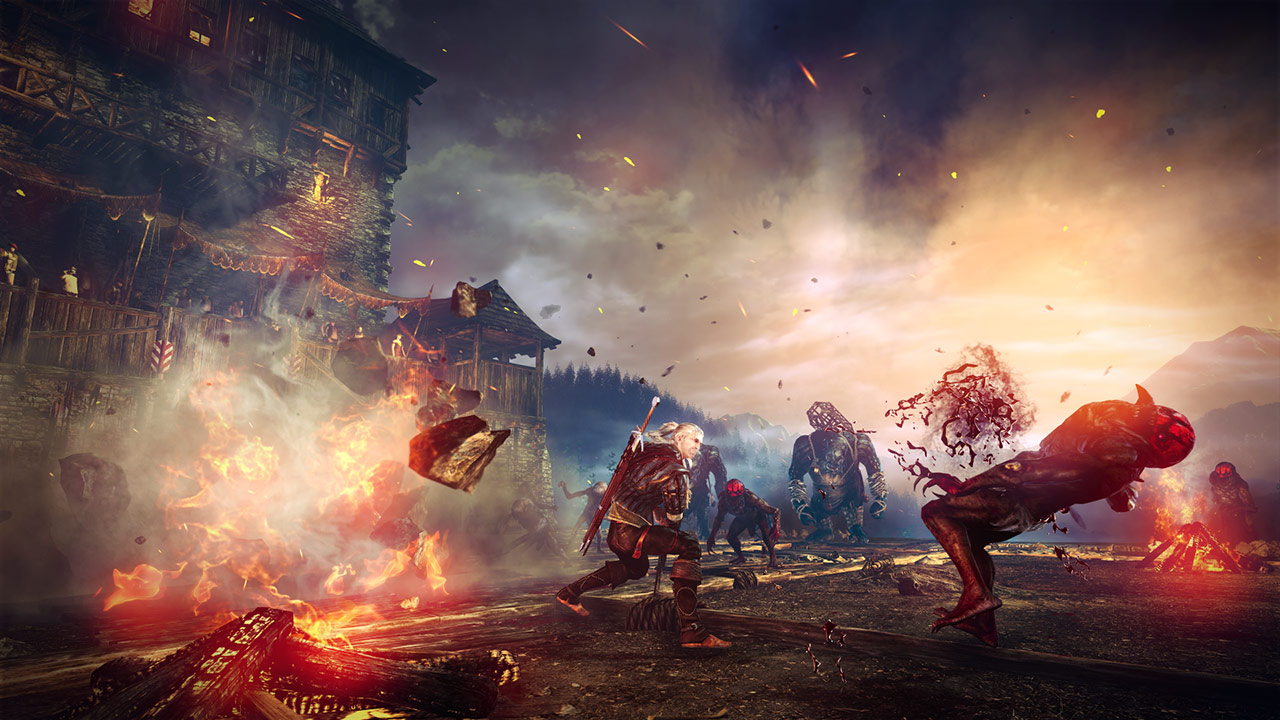
9. The Witcher 2: Assassins of Kings
The Witcher 2 has been somewhat forgotten due to the sheer, almost ludicrous brilliance of its successor, but it’s worth noting that at the time of its release, The Witcher 2 was a stupendously ambitious game in its own right. On launch, it was arguably the most visually stunning RPG ever designed, featuring jaw-dropping environments such as the forests surrounding the village of Flotsam, and enormously detailed character models.
But what really made The Witcher 2 special, and what put CD Projekt on the map for the first time, was the quality of the game’s storytelling. CD Projekt made huge efforts to improve the writing quality over the original, while maintaining The Witcher’s dark and gritty vibe and abundance of narrative choices. Indeed, The Witcher 2 includes what is possibly the single-most dramatic player choice in video game history, resulting in a second act that is entirely different depending on the decision you make.
The combat may be a little clunky, and the game feels tiny compared to The Witcher 3, but Assassins of Kings remains an incredible adventure in its own right. If you’ve played The Witcher 3 but haven’t played this, you absolutely should.
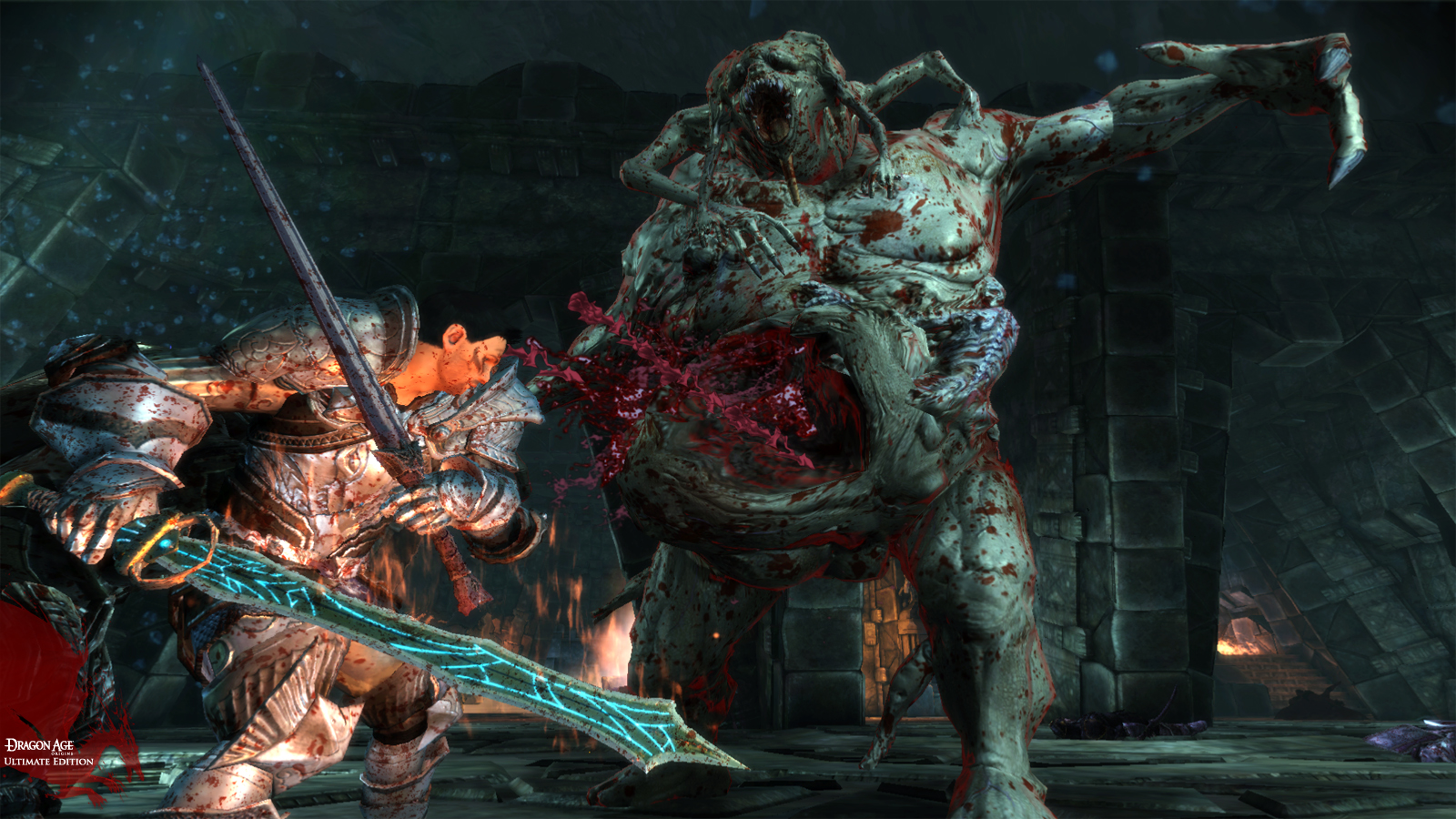
8. Dragon Age: Origins
It’s fascinating how BioWare anticipated the craze for dark fantasy two years before Game of Thrones took the world by storm (admittedly, The Witcher launched two years before that, but at the time CD Projekt wasn’t even in the same league as BioWare). Even EA’s marketing department wasn’t sure how to sell Dragon Age, slapping some Marilyn Manson over a "blood and tits” trailer of what was actually a story-rich and highly tactical RPG.
To be fair, Dragon Age’s on-paper premise reads like a bunch of generic fantasy guff, with you assuming the role of one of the Grey Wardens as they attempt to fend off the hordes of Darkspawn led by the creatively named Archdemon. It’s understandable you’d focus on the blood and tits if that was your synopsis.
But what makes Dragon Age more than your average fantasy adventure is the sheer depth and nuance with which its world and characters are drawn. Everyone in your party, from the cocky yet insecure Alistair to the sultry and mysterious witch Morrigan are amongst BioWare’s strongest, while Dragon Age has arguably the best villain in all of BioWare’s remit, Loghain, whose treachery and tyranny stems from not from some crazed lust for power but an uncompromising desire to protect the Kingdom of Ferelden by any means necessary.
As if that wasn’t enough, Dragon Age also sports a deep tactical combat system, which offers an X-COM level of challenge on any difficulty that isn’t Easy. Oh, and it’s absolutely massive, the biggest RPG BioWare has developed since Baldur’s Gate II.
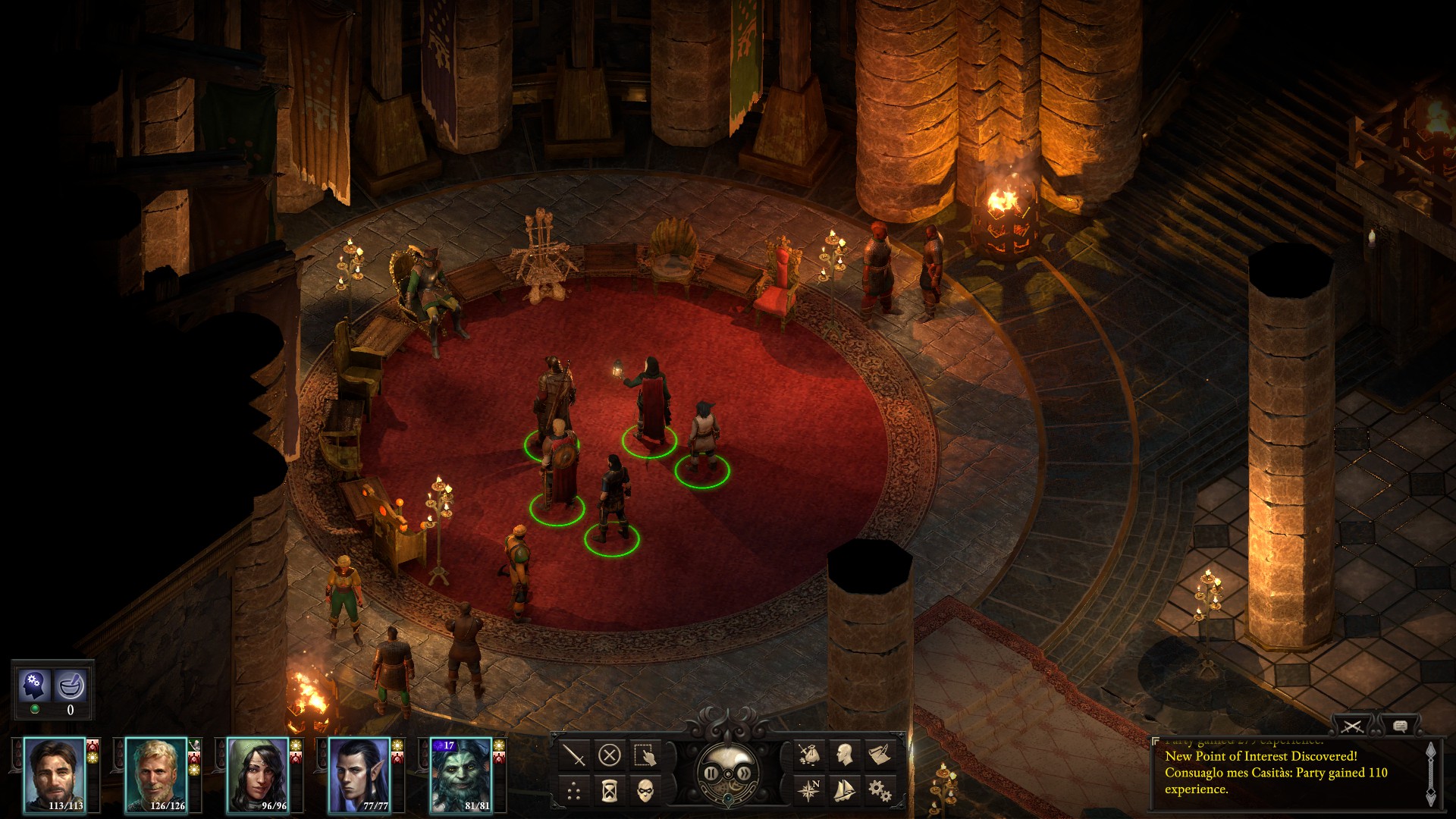
7. Pillars of Eternity / Pillars of Eternity 2: Deadfire
This might be cheating slightly, but it’s impossible for me to pick between the two Pillars of Eternity games, as both are excellent in their own unique ways. The first game offers a fantastically deep and entertaining fantasy adventure in which you investigate why children are being born without souls, why you’re able to recall your own past lives, and what happened when your society detonated a bomb that killed a God.
The second game has a much weaker main story, but it makes up for that with a much larger and more interesting world where countless adventures await. Indeed, discovery is one of the main themes of the game, including a series of missions that amount to exploring the Deadfire Archipelago for uncharted islands, and naming them as a reward.
Ultimately, it doesn’t matter, as both games are epic, colourfully drawn adventures with great writing, interesting characters, and spectacular real-time isometric combat.
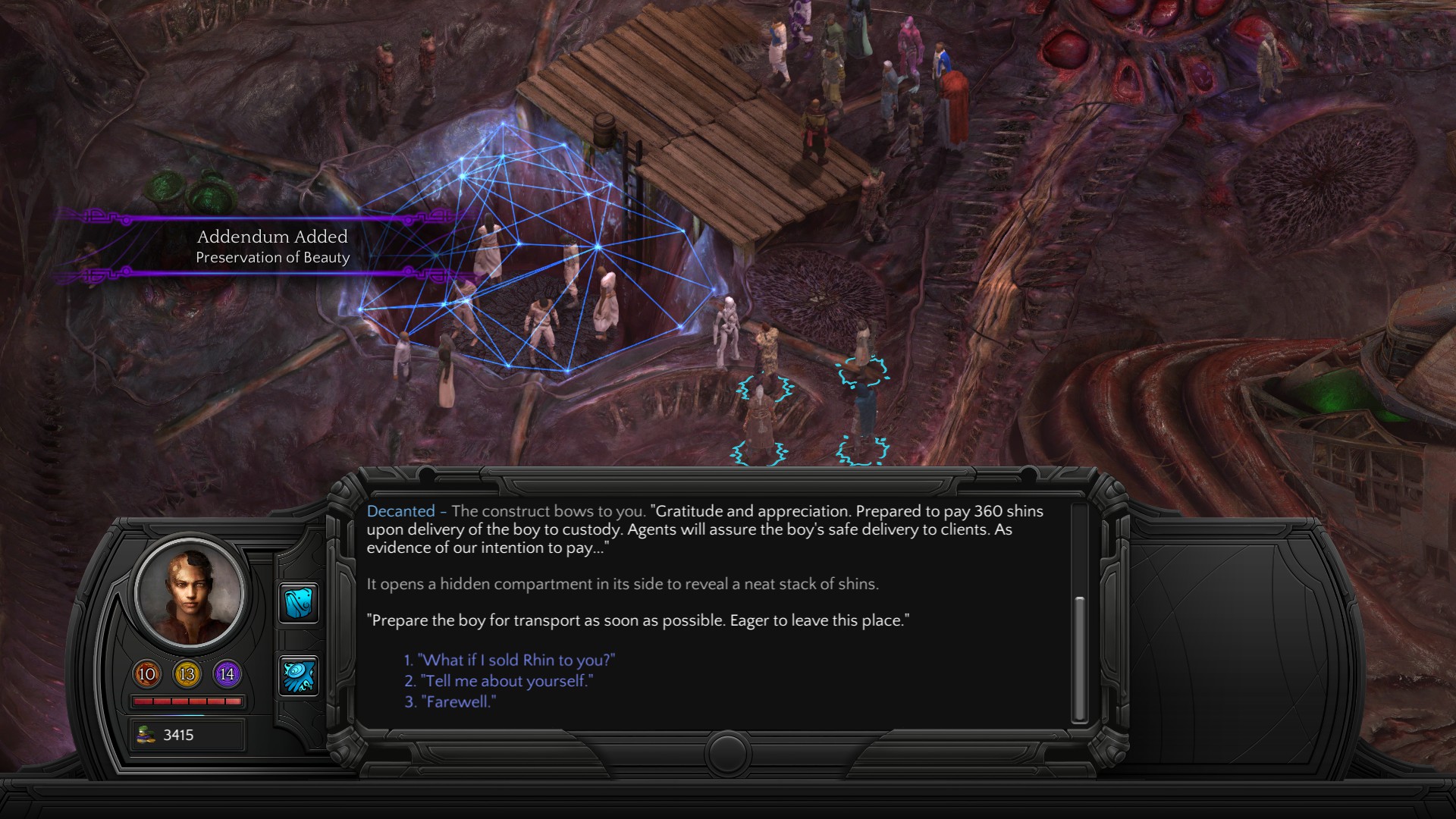
6. Torment: Tides of Numenera
Undoubtedly the strangest RPG on this list. Torment: Tides of Numenera is a spiritual successor to Planescape: Torment, released in 1999. Although they take place in entirely different settings, the two are linked primarily by the shared theme of being weirder than a Bjork album played backwards.
Numenera takes place on Earth thousands of years in the future, where multiple civilisations have arisen and collapsed. The resulting society lives in the world chock full of half-ruined technology so advanced it is hardly distinguishable from magic.
In this world, you assume the role of a Castoff, the corporeal remains of a being known as the Changing God, who switches bodies like most people switch clothes. But in his last, ah, re-dressing, the Changing God vanished, leaving you to figure out where he’s gone and why there’s suddenly a powerful evil force haunting your thoughts.
So begins a mesmerising adventure where you’ll encounter people who exist in multiple dimensions at the same time, resolve quests that take place entirely in your mind, visit a city that exists inside the guts of a giant, living organism, and drink yourself into a stupor at a physic café (don’t ask for a large drink, because they only serve mediums).
What makes Tides special isn’t just its 'ooh, look how weird I am' attitude. It’s the depth at which you can interact with that world. The dialogue system is one of the most nuanced in a recent RPG, offering an astounding array of choice with regard to resolving quests. Failing a mission can sometimes be more interesting than success, while even the most mundane seeming item can hide a fascinating quest-line beneath its surface.
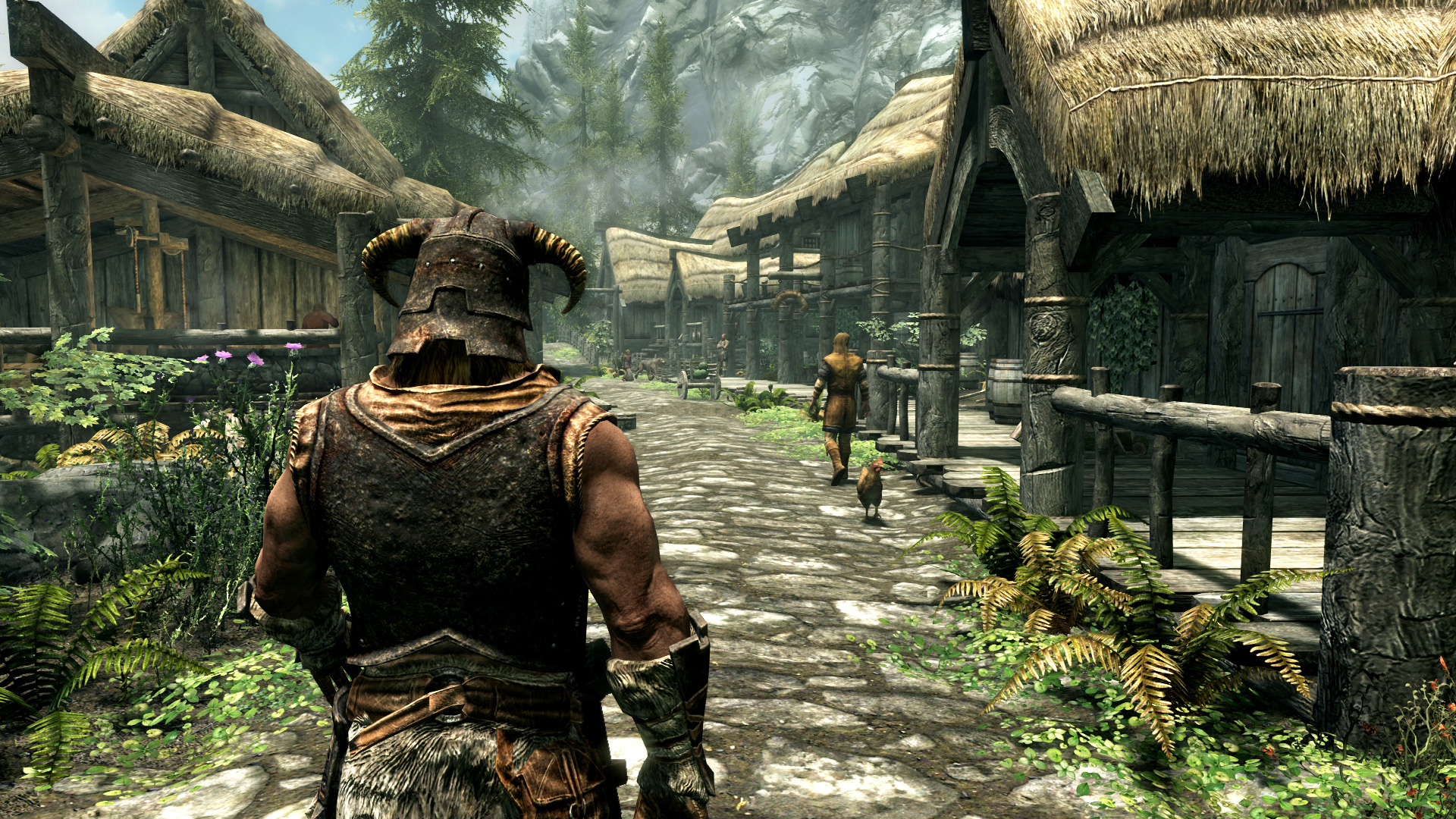
5. The Elder Scrolls V: Skyrim
Skyrim has received its fair share of criticism in the years since its launch (which is now EIGHT YEARS AGO, OH MY GOD, I AM A SKELETON). From the tedious main story to the terrible UI, to the fact that its dragons were more of a nuisance than anything else, it’s undoubtedly a game with flaws.
That said, no other RPG on this list offers the same level of freedom that Skyrim does. Once you’re through the game’s introduction, Skyrim lets you go anywhere you want, do anything you want, be anything you want. Want to follow the main quest and become an almighty Dragonborn? Sure. Want to focus instead on honing your talents as an all-powerful Mage? No problem. Want to spend 100 hours sneaking into people’s houses and stealing all their cutlery? That’s about a week of your life, but nobody’s going to stop you.
And if the 300-odd hours of vanilla Skyrim aren’t enough for you, the game is almost worth the price of entry for its massive amount of mod support. If you’re a big enough Skyrim fan, it’s quite possible that you could never need to invest in another game again, due to the sheer amount of fan-made quests and adventures that are available.
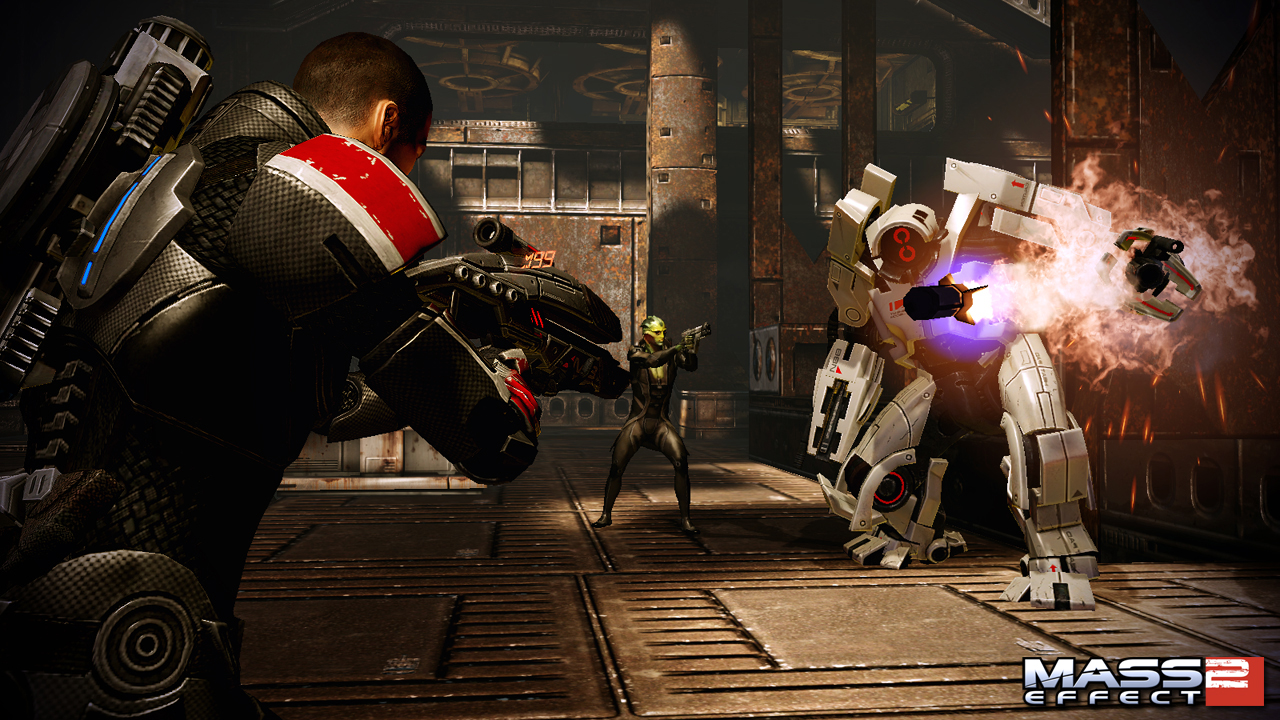
4. Mass Effect 2
If Mass Effect 3 was 90 percent great, Mass Effect 2 is 100 percent great. Okay, maybe 98 percent great; that mining mini-game was pretty boring.
After criticism of the first Mass Effect for being a little dry and a little slow, BioWare stripped down its sci-fi RPG to focus on the two things it did best – shooting and talking – and reimagined its space-opera as a 40-hour long action thriller that starts by killing off your character and somehow gets more dramatic from there.
There are countless things to celebrate about Mass Effect 2, from its punchy, fast-paced combat to its gripping “dirty-dozen in space” storyline, to what must be one of the best endings to any game ever. But arguably its greatest achievement is how it blends both narrative and mechanics to create its remarkable cast of characters.
Your crew start out as a ragtag band of misfits who trust you about as much as a dog trusts its owner when they say the letters 'B-A-T-H', and to stand any chance of surviving your journey through the Omega 4 relay, you’re going to need to be able to count on one another. Hence, you need to make each character 'Loyal' to you by helping them out with personal issues, whether it’s finding Miranda’s sister, or helping Grunt become a true Krogan by assisting him in his rite of passage.
Each of these missions is brilliantly written and hugely entertaining, but they also help the player establish a genuine bond with each of these characters. So when the final mission comes around, and there’s a very real chance they might die, the tension and the tragedy and the exultation are all the more impactful because you want these people to survive. That’s the magic of Mass Effect 2, and why it remains one of the best RPGs ever.
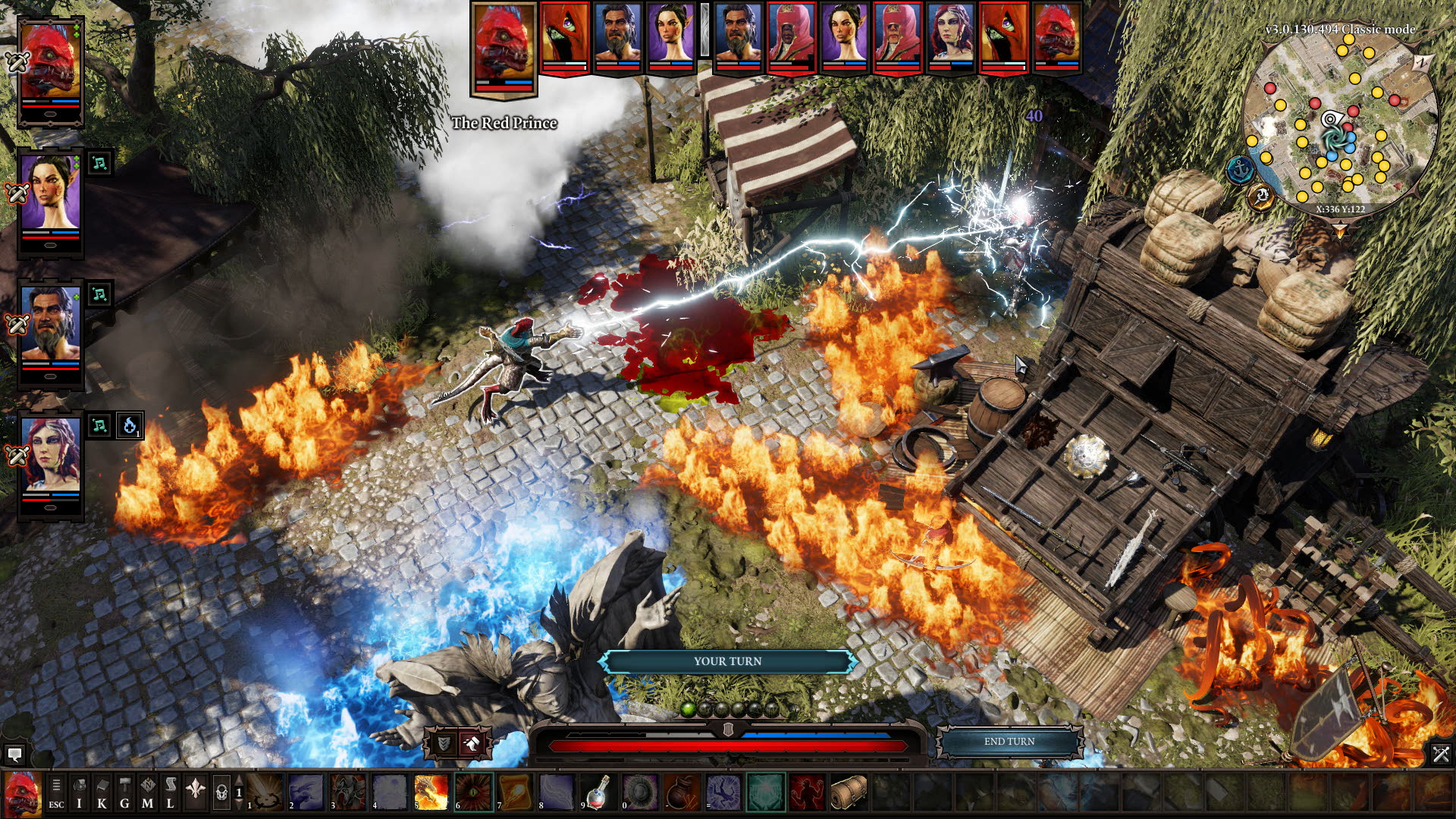
3. Divinity: Original Sin II
I quite enjoyed the first Divinity: Original Sin, and I expected to like the second. But I never anticipated it to be as knock-me-down incredible as it turned out to be. This is an RPG with truly stunning amounts of depth, an absolutely beautiful 3D world, and compelling tactical combat that lets you mix up environmental effects with spectacular results.
But what makes Original Sin II so good is just how enormously creative it is, starting with the character creator onwards. It lets you play as an undead lizardman who has to conceal his face while in public to prevent mass panic. It lets you talk to animals, to ghosts, and even to ghost animals. It lets you revisit the memories of dead people by eating their flesh. It lets you play cooperatively with a friend, or even competitively with a friend, trying to do-over one another at every available opportunity.
This remarkable level of systemic depth is used to create a vast array of fascinating quests. Divinity II lets you convene with gods, help a ghost solve their own murder, and help a chicken find one of her lost eggs (a quest which goes places, believe me). It’s not the easiest RPG to get into, with some nasty difficulty spikes and an idiosyncratic quest-tracking system. But if you can get past these issues, Original Sin II is undoubtedly one of the most rewarding RPGs in existence.
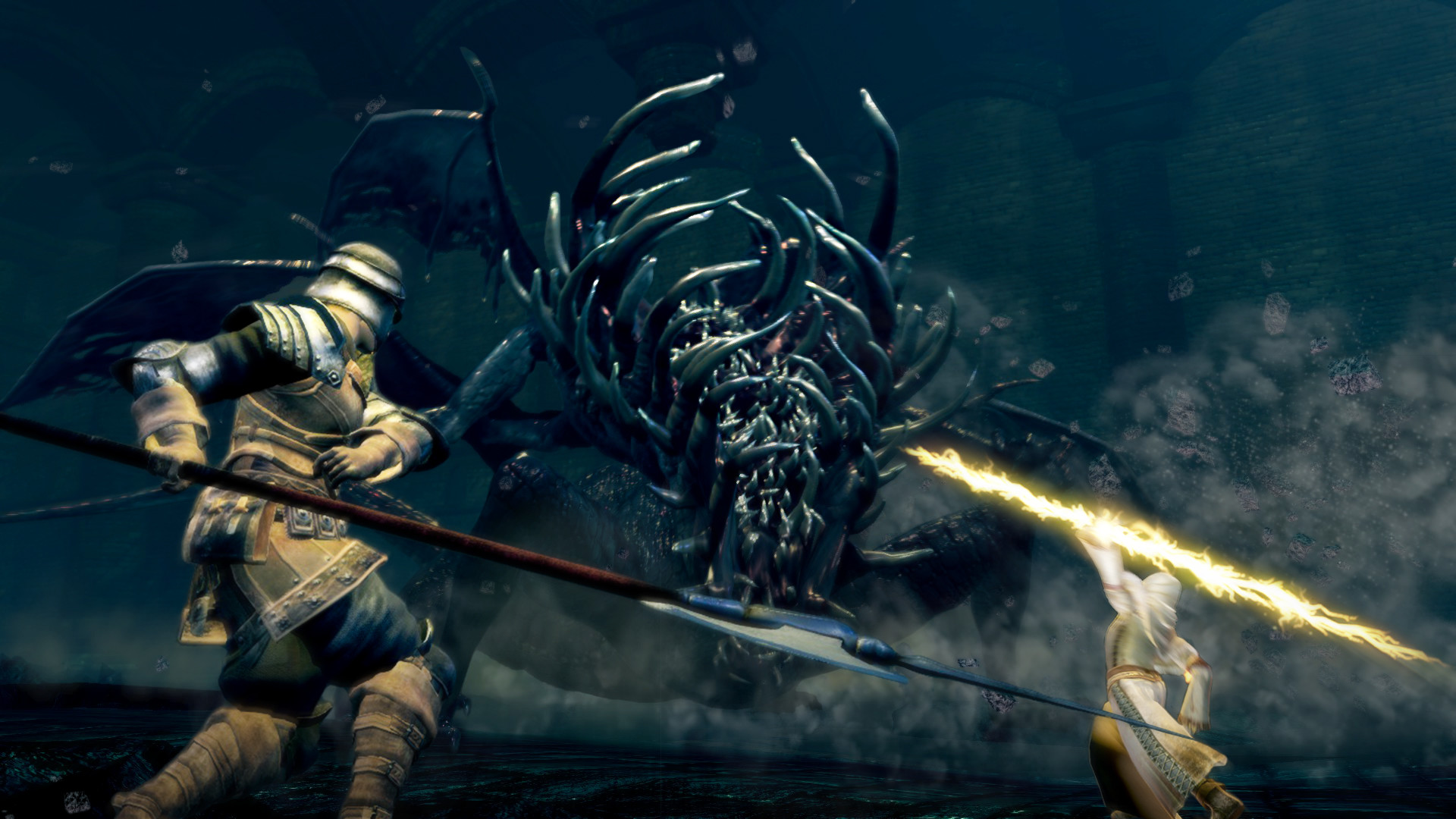
2. Dark Souls
Dark Souls is probably the second-most influential game of the last 10 years (after Minecraft), to the point where it’s almost sacrilegious to suggest that it is flawed. But it is. The PC port was less-than-ideal to say the least, while its combat systems, albeit incredibly deep, are also somewhat roughshod, especially if you compare them to From Software’s more recent output in Bloodborne and Sekiro.
Nonetheless, Dark Souls remains my favourite game from the now revered Japanese studio. Much has been made of its ferocious challenge and distinctive approach to storytelling, which required players to piece together the tragic tale of Gwyn, his children, and his four primordial allies from subtle clues in the game world and items you pick up along the way.
For me, though, what always set Dark Souls apart isn’t it’s bosses or its bonfires but its incredible world design. With its sublimely interconnected pathways and unique use of depth, Dark Souls’ world is an intricate and seamless puzzle box unlike anything gaming has ever seen before. Cracking open a new area in Dark Souls, whether it’s Anor Londo or Ash Lake or the Tomb of the Giants, is a feeling like no other. There’s both the satisfaction of having progressed and the trepidation of what new challenges and horrors you’ve yet to face.
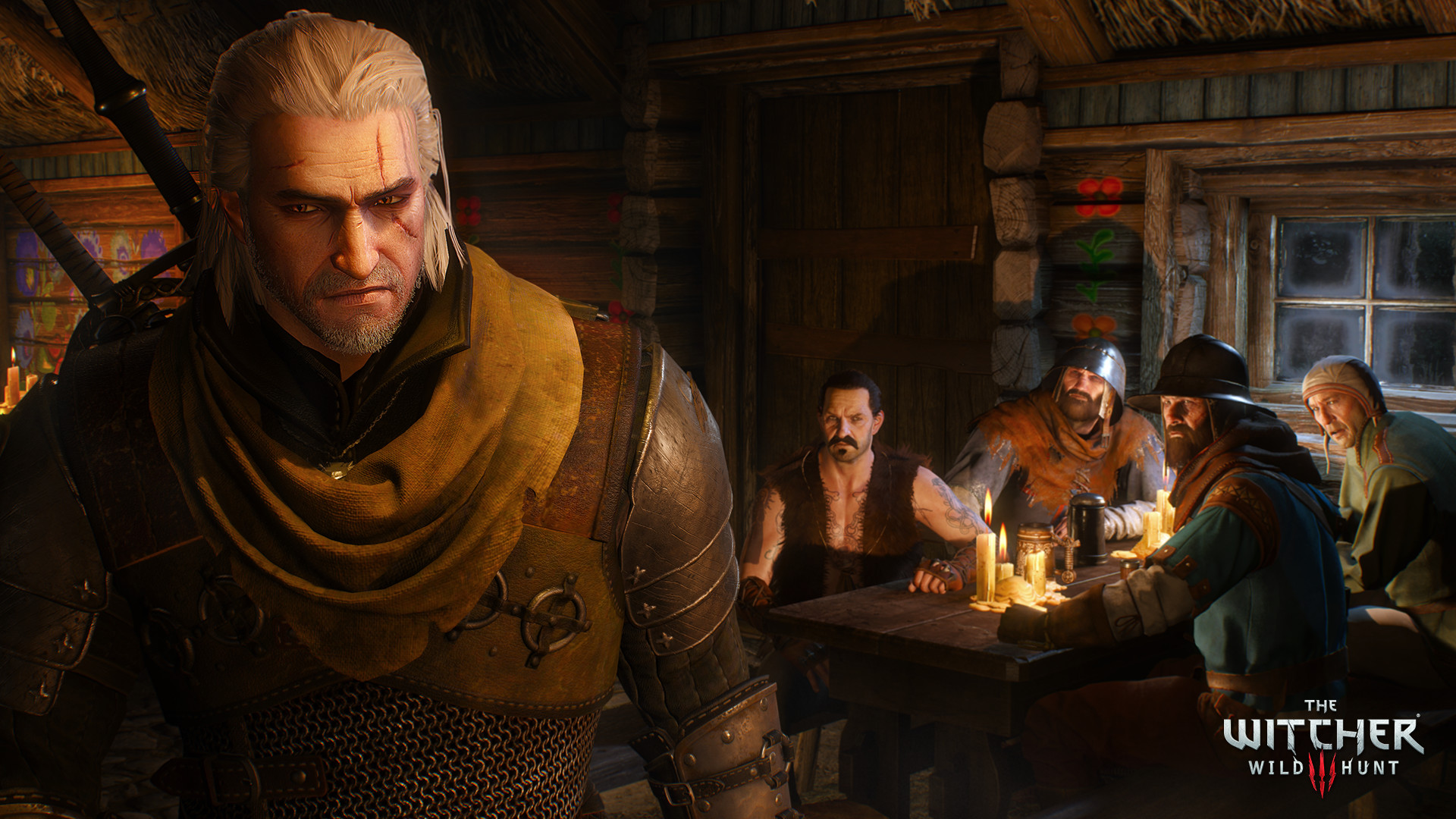
1. The Witcher 3
Oof, deciding between this and Dark Souls was tougher than playing Sardines with the Capra Demon. But in the end, I’d do anything for Geralt. Who wouldn’t. With his cat-yellow eyes, flowing white mane, and husky, cynical voice, it’s impossible not to love The Witcher’s 3 Weary Sword Dad.
Here’s the thing about The Witcher 3. It’s ridiculously huge, bigger than almost every game on this list (with the exception of perhaps Skyrim). Yet almost every facet of it is designed with a level of quality that outstrips even the mighty Mass Effect 2. Virtually every quest, whether it’s part of the massive story campaign, a side-mission in some rundown village, or a monster-hunting contract, is intricate, multi-layered and often filled with surprises.
It’s a game capable of tackling enormous themes like war and international politics, and more personal ones like the challenges of parenthood (both biological and adoptive). On your journey, you’ll make decisions that affect the fates of entire towns; plunder ancient tombs; entreat with kings, lords, and emperors; solve murders; get into bar fights; and enjoy several romantic entanglements. It’s got superb combat, incredible music, and a stunning, haunting world filled with folkloric mystery.
What makes The Witcher 3 truly special, however, is how human the game is. Like Dragon Age and Dark Souls, The Witcher is a dark fantasy, perhaps the darkest of the lot. It doesn’t shy away from humanity’s ability to be cruel and atrocious, and some of its quests are almost traumatically grim. Yet it is also a game filled with warmth and laughter and kinship. Some of the Witcher 3’s best moments are its quieter ones, seeing Geralt catch up with his old friend Dandelion and Zoltan, watching children play in the street, or just riding your horse through sunflower fields at dusk.
Four years on, The Witcher 3 remains my favourite game ever made. The world is astonishing, the characters unforgettable, and it has some of the best goddamn monsters to fight of any fantasy game. I only wish I had time to play the whole darned thing again.

MSI MPG Velox 100R Chassis Review
October 14 2021 | 15:04

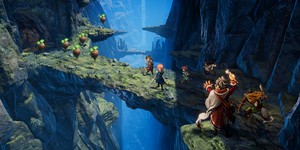







Want to comment? Please log in.